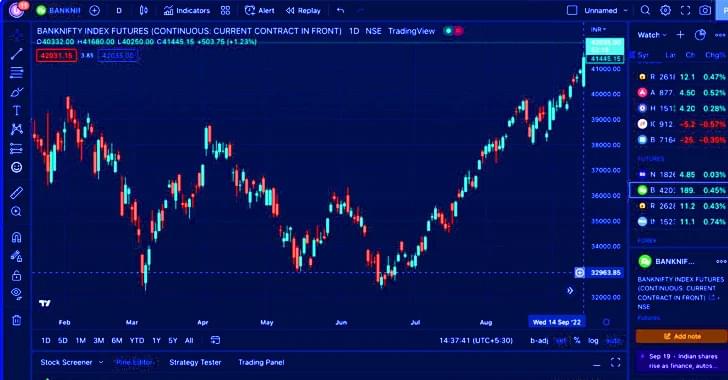Creating a quantum computer powerful enough to tackle problems we cannot solve with current computers remains a big challenge for quantum physicists. A well-functioning quantum simulator—a specific type of quantum computer—could lead to new discoveries about how the world works at the smallest scales.
Quantum scientist Natalia Chepiga from Delft University of Technology has developed a guide on how to upgrade these machines so that they can simulate even more complex quantum systems. The study is now published in Physical Review Letters.
“Creating useful quantum computers and quantum simulators is one of the most important and debated topics in quantum science today, with the potential to revolutionize society,” says researcher Natalia Chepiga. Quantum simulators are a type of quantum computer. Chepiga explains, “Quantum simulators are meant to address open problems of quantum physics to push our understanding of nature further. Quantum computers will have wide applications in various areas of social life, for example, in finances, encryption, and data storage.”







